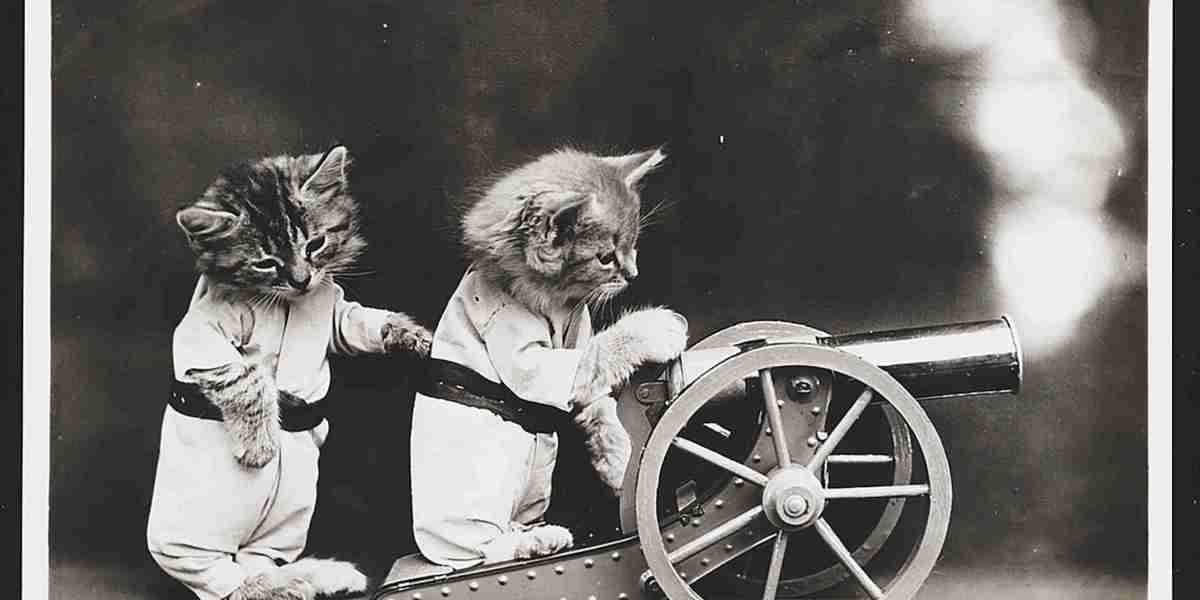One of the most popular theories has to do with changing calendars in the 1500s. According to this explanation, the new year had been traditionally celebrated at the start of spring. When France changed to the Roman calendar, the new year fell in January. Those who were slow to adopt the change, often people who lived in the countryside, became known as "April fools," according to the story.
Other historians have linked the trickster tradition to ancient European spring festivals where people dressed in costume to fool each other. As the holiday spread throughout Europe and to the Americas, pranks became a rite of spring. As the years passed, the pranks got bigger and bigger. Here are a just a few of the greatest April Fools hoaxes in history.
Bathing lions

The earliest April Fools’ Day hoax on record was in 1698, says Alex Boese, curator of the Museum of Hoaxes. “People in London were told to go see the annual ceremony of the washing of the lions at the Tower of London,” he says. “They showed up at the Tower of London, but”—alas—“there was no annual lion-washing ceremony.”
The street prank worked so well that people kept pulling it year after year, targeting mostly out-of-towners.
“By the mid-19th century, pranksters had printed up fake tickets,” he says. “Hundreds or thousands of people would show up,” only to realize they’d been tricked.
Stealing treasure
In 1905, the Berliner Tageblatt, a German newspaper, reported that thieves had tunneled underneath the U.S. Federal Treasury and stolen all of its silver and gold. The story was quickly picked up by papers throughout Europe and the United States. It was huge news—or would have been, if true.
Harvesting pasta
“It was only in the mid-20th century that April Fools’ Day shifted to be a media event,” says Boese. This shift, which led to the Swiss spaghetti harvest, had its roots in early 20th-century German newspaper pranks like the treasury heist.
On April 1, 1957, the British Broadcasting Corporation told viewers that there had been an “exceptionally heavy spaghetti crop” in Switzerland that year, due in part to “the virtual disappearance of the spaghetti weevil.”
The BBC showed footage of spaghetti harvesters diligently picking noodles from trees. Some viewers were upset—but some called to ask where they could find a spaghetti bush.
Running for president
"I never did anything wrong, and I won't do it again," said former President Richard Nixon, announcing that he would run for president in 1992. But the man speaking wasn’t Nixon, and the news segment that aired the announcement wasn’t real.



